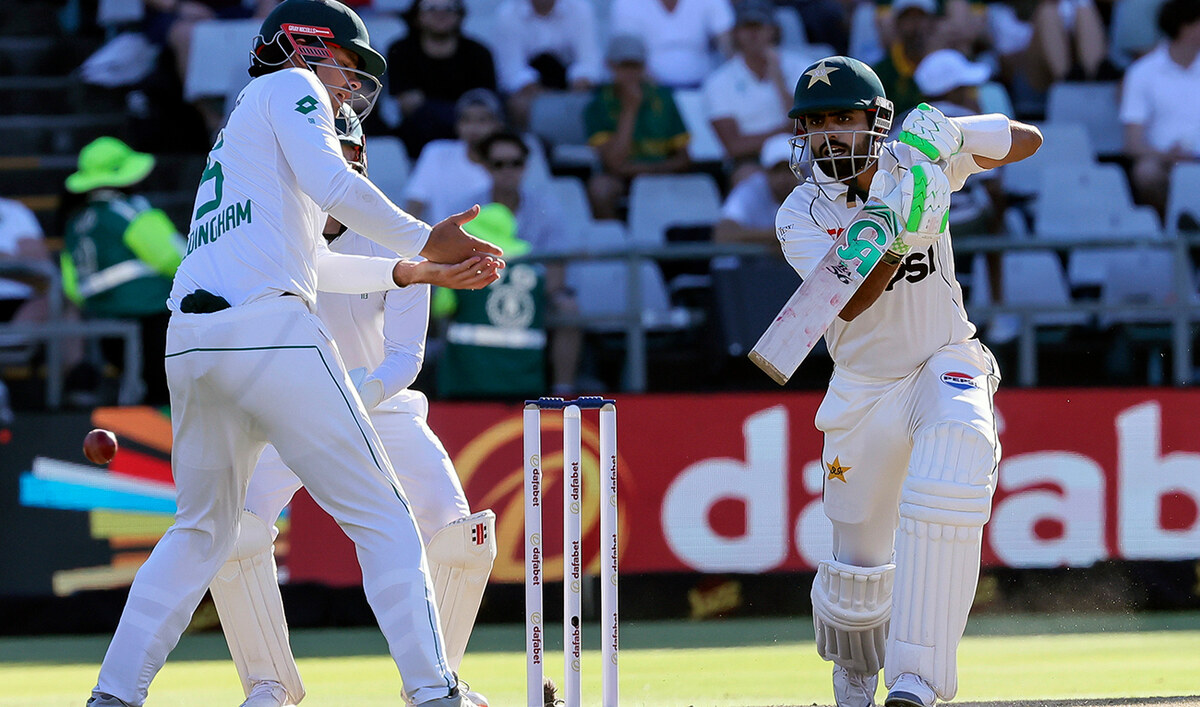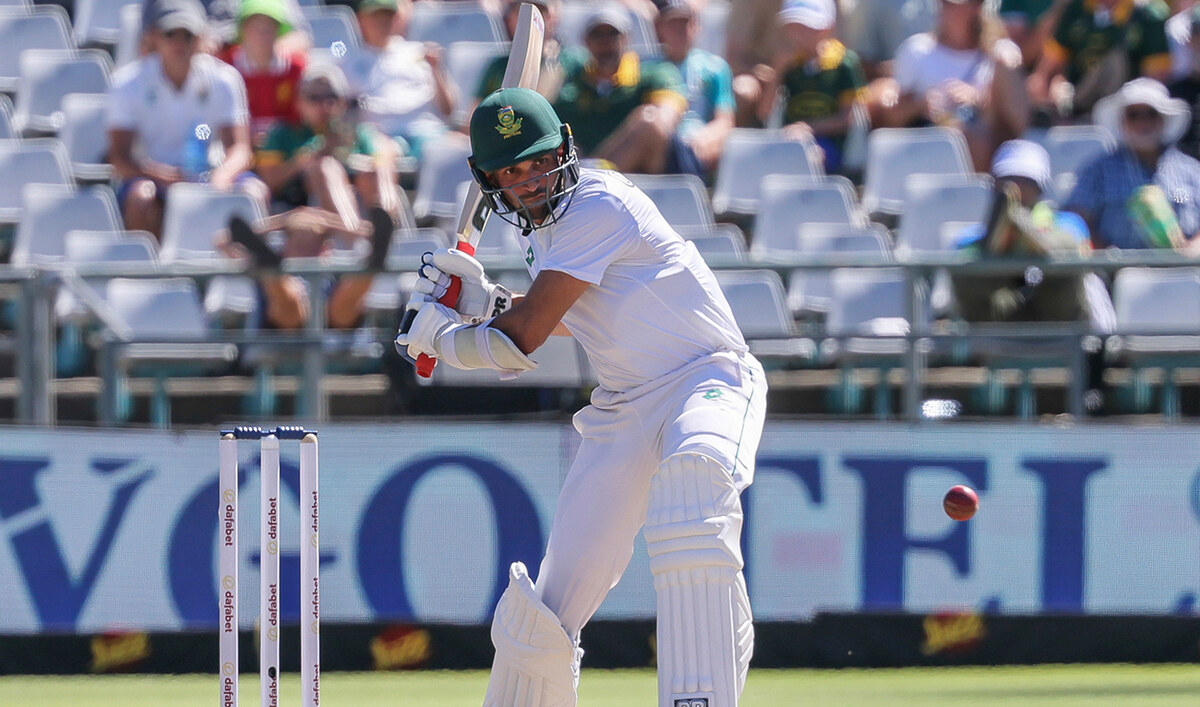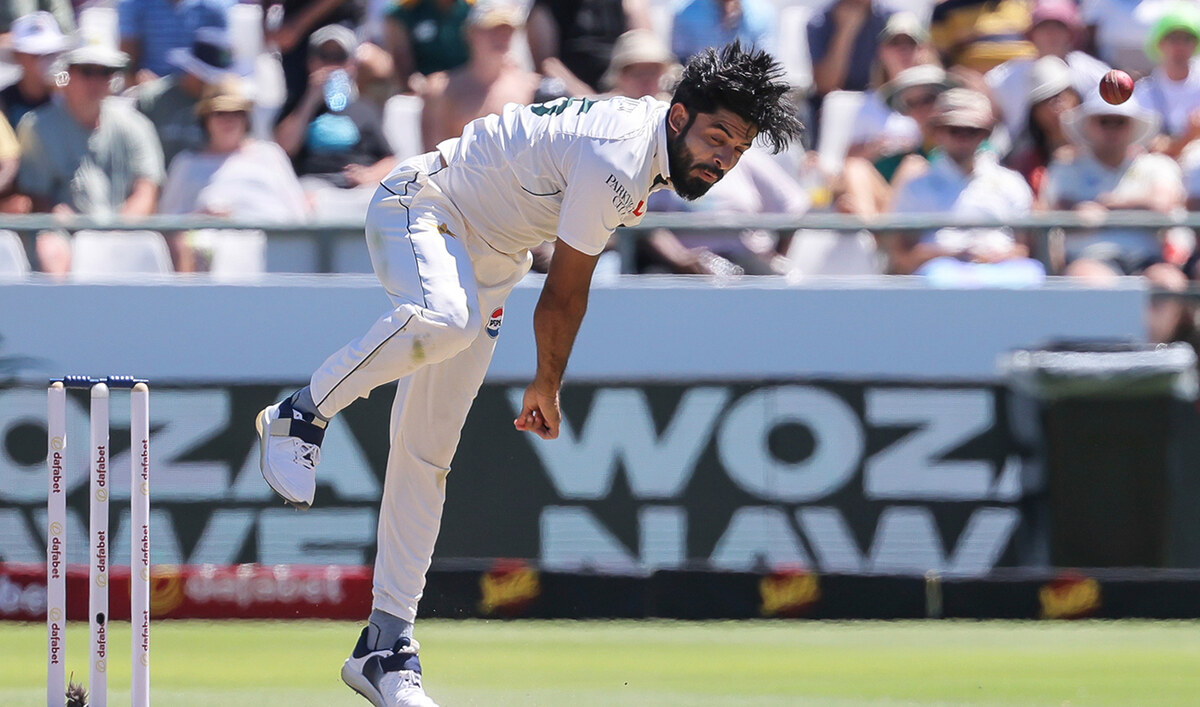Islamabad/Peshawar: Independent candidates, most of them backed by jailed former Prime Minister Imran Khan, had won the most seats in Pakistan’s general election by Friday evening, official results from the Election Commission showed, as counting continued a day after polls marred by militant attacks and the suspension of mobile phone services.
As of 11:50pm on Friday, independents had bagged 98 out of 241 seats counted so far while ex-premier Nawaz Sharif’s Pakistan Muslim League-Nawaz (PMLN) party got 67, followed by the Bilawal Bhutto-Zardari-led Pakistan Peoples Party (PPP) bagging 51 seats.
Votes were held for 265 national assembly seats. A party needs 133 seats for a simple majority.
But despite being in the lead, the PTI complained late results showed manipulation and rigging had taken place in constituencies where candidates affiliated with the party had congested.
As per election laws, results had to be announced by 2am on Friday, nine hours after polling closed, with a delay of until 10am allowed in extenuating circumstances.
But as of Friday evening, the results of over a hundred seats were yet to be released, raising widespread concerns about manipulation and meddling in counting.
“The results of our winning candidates are being altered, though the fact is our party has won a majority in Punjab and KP [Khyber Pakhtunkhwa] provinces,” PTI secretary-information Raoof Hassan told reporters at a press conference at the party’s central secretariat.
“We have already started meetings to discuss the ways to form our governments” at the center and the two provinces of Punjab and Khyber Pakhtunkhwa, he said.
In a video message, Barrister Gohar Khan, the chairman of the PTI, said his party was winning more than 150 seats in the National Assembly, the lower house of Pakistan’s parliament.
“According to the record right now which the polling agents have sent us or the Form 45 we have received, we have a majority on 150-plus [national] seats all over the country,” Gohar said. “Similarly, we have a majority in KP [Khyber Pakhtunkhwa] too. So, God willing, we will make the next government, be it in the federation, in Punjab or in KP.”
Independent members cannot form a government on their own under Pakistan’s election system which also includes reserved seats that will be allotted to parties based on their winnings. But independent members have the option to join any party after the elections.
In this case, most of the independent candidates are from Khan’s PTI, and were forced to contest as independents after the party was stripped of its iconic ‘bat’ symbol ahead of polls over not holding intra-party elections, a legal requirement. PTI candidates thus had to contest as independents, each with a different election symbol, which the party had feared would become a source of confusion for voters in a country where over 40 percent of the population is illiterate.
The PTI-backed independents will now have a choice to join a party three days after the official notification of their victories.
“MEDDLING”
Analysts have also raised concerns over the ECP missing its deadlines for the announcement of results, saying further delays would lead to more allegations of result-tampering in an already tainted election.
“The delay in results is catastrophic for the credibility of the results of the election,” Mosharraf Zaidi, a political analyst, told Arab News. “It is hard to imagine the election day itself having been better managed and hard to imagine the vote tallying having been worse managed.”
Salahuddin Safder, a spokesperson of the FAFEN election observer group, said the delay in the announcement of results “remained a concern” though the body’s observers had witnessed no major issues during polling.
“We did not receive many results till the first deadline of 2am and [the ECP] even missed the second deadline given in the law which is 10am next morning after the polls,” he said.
In the run-up to the polls, Khan’s PTI complained of a state-backed crackdown against the party, including not being allowed to campaign freely.
Khan, arguably the central pole of Pakistani politics, was missing from Thursday’s elections, as he has been in jail since August last year and is also disqualified from running for public office for ten years.
The former premier was convicted in three back-to-back cases the week before polls and faces dozens of other legal challenges, including one case in which he is accused of ordering violent attacks on military installations on May 9, 2023, which could entail the death sentence.
Khan says all the cases are politically motivated to sideline him and his party from elections.
Hassan said the PTI would use “all legal avenues” to get justice against rigging, reminding that the party had already endured “state oppression” and witnessed “historic pre-poll rigging.”
“We have won this election against the backdrop of all this brutal state crackdown,” Hassan said, praising the public for showing “resilience and courage” to come out despite the odds and vote for PTI in large numbers.
“KHYBER PAKHTUNKHWA”
KP, which witnessed a spike in militancy in the run-up to polls, was ruled by Khan’s party from 2013 till 2023, when the PTI prematurely dissolved its provincial government, just like it did in Punjab, in January 2023 to force early national elections.
Prior to the PTI, the province was governed by the Muttahida Majlis-e-Amal (MMA), an alliance of religio-political parties, from 2002 till 2007, and after that by a coalition government of the Awami National Party (ANP) and the Pakistan Peoples Party (PPP) from 2008-2013.
In its electoral history, no party except the PTI has won two consecutive terms in KP. In 2024 again, PTI-backed candidates appear to be faring well in the province.
In the provincial capital of Peshawar, Khan supporters impatiently awaited the results of Thursday’s vote.
“I am so excited that the PTI will [once again] form the government in Khyber Pakhtunkhwa and Pakistan,” Naveed Ahmad, 28, told Arab News on Friday.
“Imran Khan has done good by the nation, especially the people of Khyber Pakhtunkhwa,” he said, referring to a health insurance scheme introduced by Khan’s government.
Ikram Khattana, the PTI’s KP social media head, expressed his satisfaction over a majority of results of Thursday’s polls, but said the party would challenge the results in constituencies where they had concerns.
“We will try to go to courts on a few results on which we have reservations in different parts of the province,” he said. “We are so happy that the PTI voter showed up and stood united during a hard time for the PTI.”
Analysts say the PTI-backed candidates had gotten a sympathy vote.
“In 2013, the PTI won elections because the people of the province were tired of dynastic politics. This time, the PTI has got the vote of sympathy, that it is facing a crackdown,” said Lehaz Ali, a Peshawar-based journalist.
“The PTI also cashed in on the anti-establishment narrative which is popular in Khyber Pakhtunkhwa.”



























